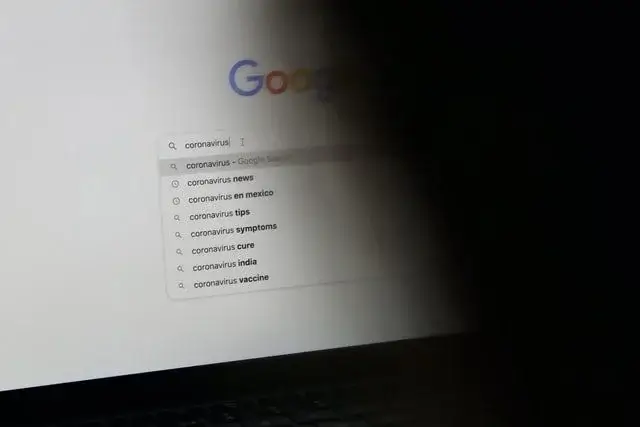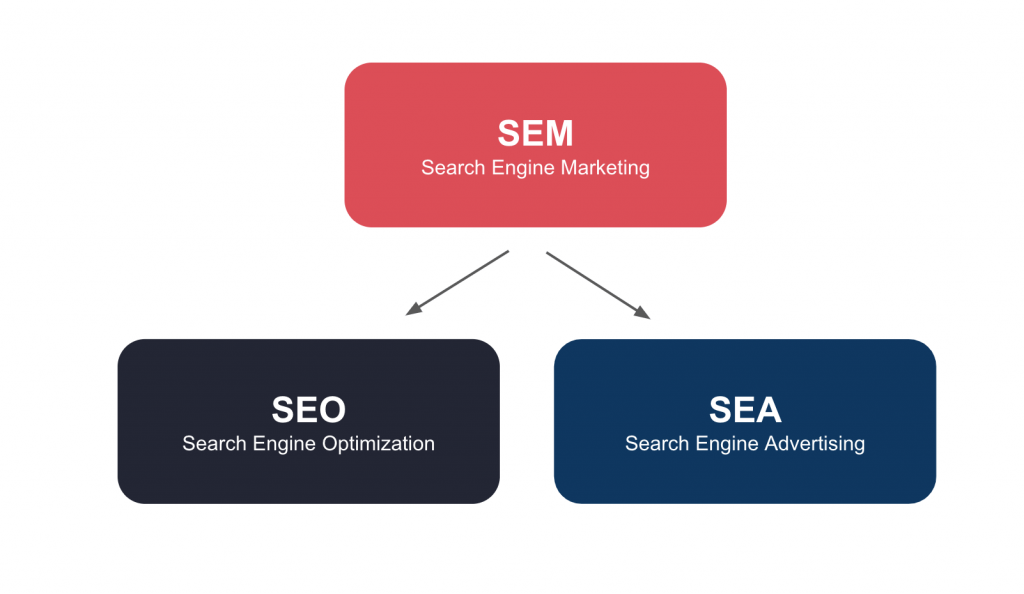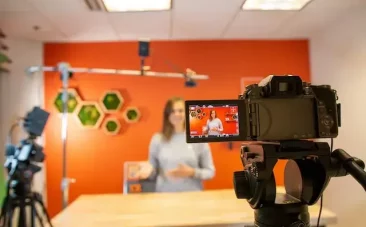Table of Content

- Digital Marketing
What Is Search Engine Advertising & How Does It Work
SEA stands for Search Engine Advertising, which is also known as PPC, or “Pay Per Click.”
The term refers to the methods of buying your way to the top of search results and advertising, such as on Google and Bing. This is true regardless of the form and format of the settlement.
The goal of SEA is to position your company above your competitors for specific keywords via paid advertising. By paying for SEA advertising on Google, for example, you can ensure that your website appears at the top of the page for your chosen keyword.
This type of advertising is similar to SEO in this way, but there is a significant difference between the two concepts.
The Difference Between SEA & SEO
Search Engine Advertising is where the search engines make the most money, as opposed to SEO, where the search engines are not compensated for ranking first. When they use SEA, they do the same thing.
The main advantage of using SEA is that it appears before organic views. Unlike SEO, you can start and stop your campaigns whenever you want, making it ideal for use as part of a short-term campaign.
For example, if you have a campaign that only lasts a few months, or even a few weeks, you can set up ads that only appear at the top of Google during this time period, so you are not burdened in the future.
SEA ads are also those that have the word “ad” written next to them in black and bold, indicating that the company, show link, has paid to have their ad stand right there.
Targeting The Correct Audience Is Important
When beginning SEA, it is critical to know your target group in advance; otherwise, you may end up advertising for and to the wrong target group, wasting money on advertising that does not produce the desired results.
This can be accomplished, among other things, by using negative keywords, or keywords that you do not want to appear. It can be costly because you may not reach the intended target group.
This will result in clicks, which the company will pay for, but which will not result in sales, which is obviously a disadvantage and, more importantly, a waste for the company.
As a result, it is critical to conduct a thorough target group analysis before you begin, and only then can you begin setting up campaigns that target the appropriate target group.
Control over the desired target group’s preferences, wishes, and search terms is advantageous not only in relation to SEA, but in many contexts, as these are also used in connection with advertising, SEO work, and much more. As a result, it is more than just an important aspect of your company’s strategy. It is critical to concentrate on.
SEA + SEM = Search Engine Marketing
The collaboration between SEA and SEO is known as SEM, or Search Engine Marketing, and it encompasses all marketing on search engines, including both paid and organic traffic. Many people confuse SEA with SEM, which adds to the confusion about what it actually is.
Furthermore, it is a common misconception that SEO has an impact on Search Engine Advertising. As a result, you should not neglect SEO if you are also using SEA, because only 65% of all clicks occur on paid ads.
The remaining 35% is accomplished through organic search results, which are critical for successful marketing.
Thus, it and SEO serve two overlapping but distinct purposes, and it is critical to be proficient in both in order to achieve maximum competitiveness. Because one does not replace the other, it is critical to work with both SEA and SEO. You can use Search Engine Advertising in addition to your SEO work to increase clicks.
Google Ads
If you use Google Ads for paid advertising, for example, several factors influence whether you can be at the top of the ad placement.
It is not only about who has paid the most in this case, but also about other factors such as:
- The quality of your ads – This is heavily influenced by how relevant your ad and the web page to which it is linked are to the recipient. Will the user receive an answer to the question?
- The search context – Here you can see the keywords that were entered, the geographical location of the person searching, the type of device that was searched for (whether it is a computer, a mobile phone, or something else), and other search results that are displayed on the page.
- Ease of use – As part of the search context, Google considers how user-friendly the website in question is. It covers page loading speed, use in various formats (including mobile use), and much more.
- Expected Effect of Ad Extensions and Formats – Google Ads evaluates the additional information in your ad, such as phone number and in-house links, to estimate the ad’s effectiveness.
Thus, when it comes to SEA, you do not have to be the highest bidder because several factors come into play that are at least as important as being the top ranking on the keyword.
If a competitor manages the aforementioned points better than your website, you will lose your position at the top of Google to another.
Google Ads is thus used to digitally market and advertise, which can be done both on the search engine’s page and on other digital platforms via Google Display advertising. Your paid ads can be displayed in a variety of places on the page, including banners and the like, using this method.
Successful Search Engine Advertising
When it comes to SEA success, having control over who the target group for your website and product is is crucial. As a result, it is critical that you have this in place before embarking on your digital adventure.
There can be and are mixed feelings about how well it works. It is heavily dependent on how well you set up campaigns when doing paid ads. It will be costly in the long run if your campaigns and ads are not properly set up, and if you use negative keywords, i.e. keywords that are inappropriate in connection with your advertising.
As a result, rather than wasting time and money on expensive and ineffective paid ads, ensure that your SEA campaigns and ads are properly set up. This is a critical success criterion for this endeavour.
Do You Need Assistance With SEA?
At IBEX Media Group, we are happy to assist if you would like an in-depth discussion about what SEA can do specifically for you and your company, or if you simply want to learn more about what the options are, how to navigate them, and how it is best used.
Many SEO agencies and digital marketing agencies can assist you with both SEA and SEO, so if you already have external experts, it is a good idea to include one in your Search Engine Advertising work. We provide assistance with both SEA and SEO, so contact us if you want the eyes of external experts on your ranking issues. We’d love to see what you could do better or differently to rank higher.




![happy-young-asia-businessmen-businesswoman-meeting-brainstorming-some-new-ideas-about-project-scaled (1) Top 10 Digital Marketing Agencies In Thailand [2024]](https://www.ibex.co.th/wp-content/uploads/elementor/thumbs/happy-young-asia-businessmen-businesswoman-meeting-brainstorming-some-new-ideas-about-project-scaled-1-qji23hztd22xdvln8gjfucufhgiekie3sh7loq8di6.webp)





